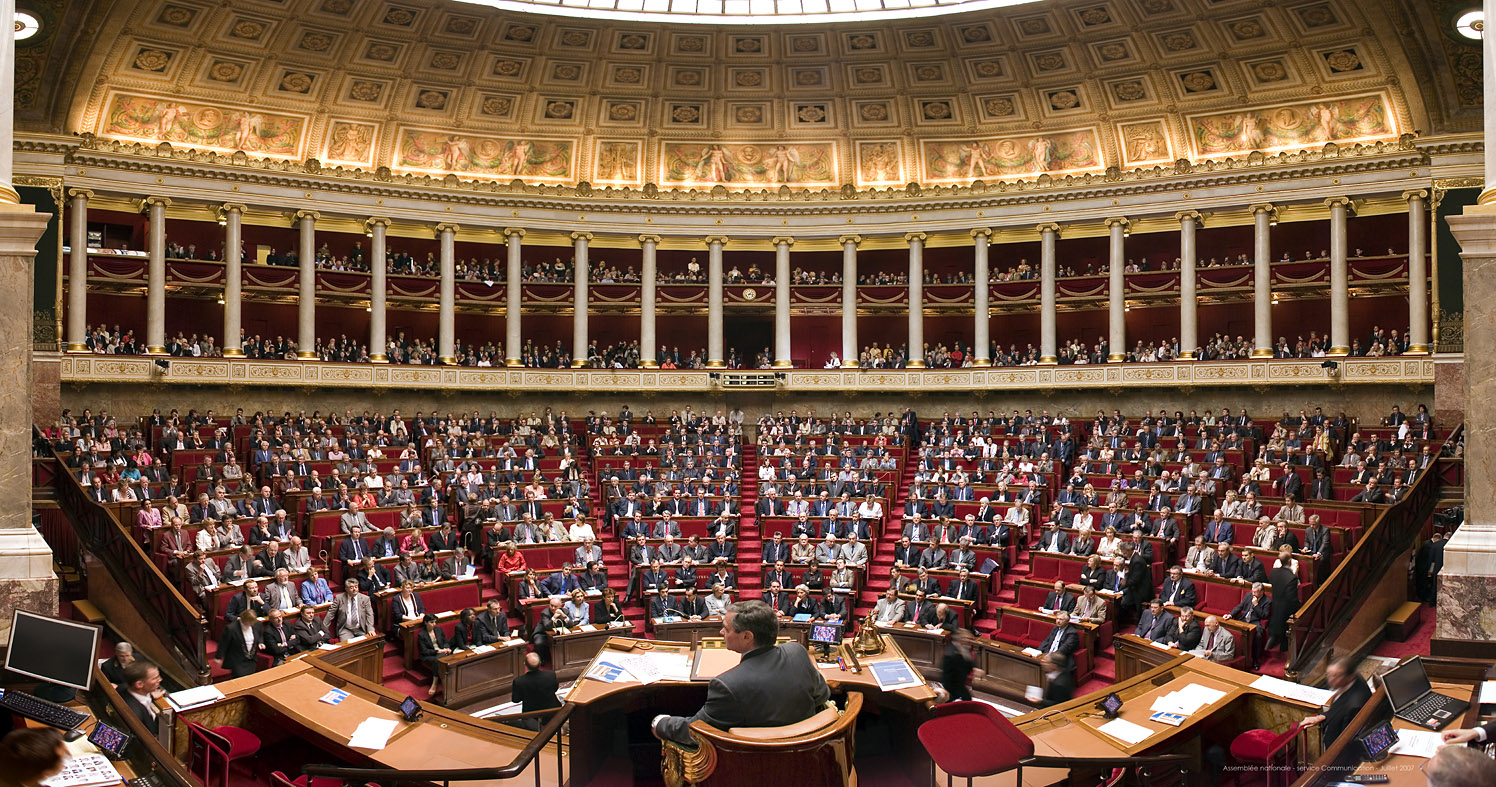The Estates General on bioethics finished on 23rd June 2009. The government wanted that this public debate promotes “the educated and informed thinking of most people on questions which commit our common future” in prevision of the revision of bioethics laws in 2010. Three public forums, in Marseille, Rennes and Strasbourg, put an end of these six month collective dialogue. During each of them, a panel of citizens trained during two weekends, could interviewed an expert committee before drawing a report publishing their opinions relative to the questions which were submitted. A Website was also made, offering the possibility to all who wanted it to talk about different debated subjects. Here we present you the main conclusions of the Estates General.
Research on embryo, PD/PGD
During the forum in Marseille, the issues of research on the embryo, preimplantation diagnosis and prenatal diagnosis have been debated. The panel of citizens has estimated in its final opinion that “the embryo should only have a status of future people only from the moment when it will be part of a parental project.” The research on embryo thus should be subject to a double regimen: the prohibition of any research on the embryo with a parental project and the authorisation under conditions for the supernumerary embryos. Also the panel recommended that the retention period of supernumerary embryos is reduced from 5 years to 1 year, at the end of which they should be destroyed.
The 2004 bioethics law prohibits in principle the research on supernumerary embryo, without parental project, but allows a derogation for five years under two conditions: the requirement of a major therapeutic advance and the absence of alternative method of comparable effectiveness. The main challenge of the revision of the bioethics law is thus based on this prohibition with derogations: should we maintain it with or without derogations or abolish it? To answer prudently it is necessary to know the results obtained with the embryonic cells and the alternatives; however we must note the citizens in their opinion regretted to have been scarcely informed about researches conducted on adult stem cells and iPS cells which constitute such alternatives. Then we will not be surprised to know that they pronounced in favour of the authorisation of research on the embryo while hoping that “none [research] is privileged at the cost of others”.
Regarding the preimplantation diagnosis (PGD) and the prenatal diagnosis (PD), if they were worried about a lack of solidarity, and deplored “the deficit of information given to the future mother about the mandatory or non-mandatory character of different prenatal examinations”, nonetheless they wanted that PGD centres are more numerous. For them, we have to consider PGD and PD as “an individual rectification” and “not as a tool of collective selection”, “the solution to the handicap passing exclusively by the research on the diseases and not by the elimination”.
Medically assisted procreation
In Rennes, the debate was based on a possible extension of the medically assisted procreation. The panel estimated that “the love that exists within a couple justifies, whatever the nature of this couple (heterosexual or homosexual), the right for this couple to be parent“. For all that, the MAP should not be permitted to homosexual couples, or to single women in the name of the non discrimination men-women. Indeed MAP for homosexual (men) couples would need to resort to surrogate motherhood, unanimously refused by the members of the panel because it would not be “respectable that a woman could bear a child who does not come from her own parental project“. Moreover, the panel thought it was essential that “the medically assisted procreation is still reserved to cases of medical infertility”. On the other hand, it was in favour of the adoption for homosexual couples. It showed that it was attached to the principle of gratuity of gamete donation, and to the principle of anonymity, even if it wishes for this one to have “relaxed modalities”.
Organ donation, predictive medicine
The panel of Strasbourg should come to a decision on organ donation and predictive medicine. It challenges the regimen, currently in force in France, of the presumed consent in matter of organ donation from dead donors. Indeed it considered that a solidarity support has to be subject to an assumed and thus voluntary choice. It recommended to establish a register of the “yes” and the expansion of the circle of living donors. It stated to be in favour of the development of “communication campaigns” which are for “information and not for promotion” Finally, regarding predictive medicine, it was worried about the usage of predictive tests, favoured by over-the-counter Internet sales.
Free and …. useless contributions ?
The articles posted on the official Website of the Estates General represented a massive alert on the growing eugenics of a society which substitutes the technique to humanism. They were not worried about scientific advances that they greatly acclaimed, but about the lack of solidarity to the weakest people, dehumanisation of medical practices, extension of practices of prenatal and preimplantation diagnosis and researches on embryo. These opinions did not seem to satisfy the general rapporteur of the Estates General, Alain Graf, who, as a conclusion, wrote about them: “these few analysis elements show that it is advisable, at least, to consider cautiously the opinions expressed on the site“…

